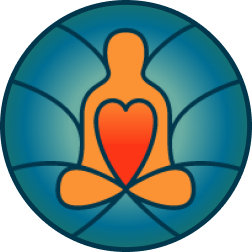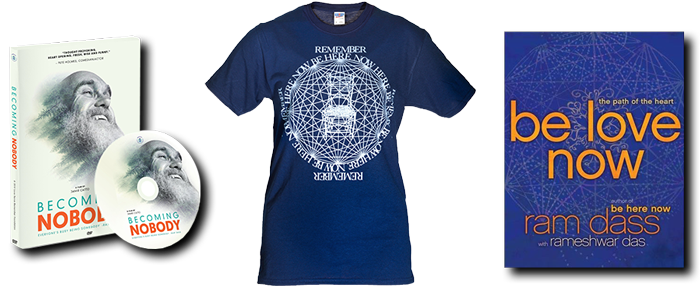We’ve ended up, here in the West, with a lot of confusion in ourselves about our relationship to family; and what we have substituted is a certain kind of sentimentality in families by asking, “Do you love me?” “How much do you love me?” So it has nothing to do with, “Do I love you enough to take care of you?” It is my function; it’s my duty; it’s my role. I don’t have to ask whether I love you enough; you are my parent and I am your child; and that’s my part.
The question could be, “Do we have parts? Is the part or the idea of the part we have to play a constraint on our freedom?”
As long as you’re in a body, you gotta act, and as long as you act, you act within roles; so all you’re saying is, “I’d rather spend my time hanging out with my own peer group; and we then create a whole set of roles in which we do all this stuff,” but the thing is that you find out that if you walk away from certain roles, there is a cost to it; like for years I was so busy with my spiritual development that I didn’t have time to vote; I didn’t have time to be involved with politics; all I could do was grouse about politicians; and then I saw that for some reason, I took incarnation in the United States at this time.
Now do I say, “This is all an abominable error, and God, you screwed up,” or can I say, “Maybe there is an exquisite design in it all. Maybe there is a plan. Maybe there is consciousness in it all. Let me assume that it is, and I have something to learn through this curriculum I’ve been handed, which includes the fact that I was born in the United States. What does that mean? What does it mean that I’m a part of a very affluent culture? Should I deny it? Should I just grab at it and greedily take everything I can? Or, do I hear what it means to steward resources. What does it mean that I was born a Jew?”
I’m still learning but what I have found out in the spiritual journey is that the last places you end up getting conscious are with your family, and usually in your original religious tradition. The last place is where your spiritual life starts to be liquid and free, because these habits are so strong; and for somebody that was turned off as they were raised Catholic or Jewish or Protestant or whatever, it can be very hard.
They might get way, way out there in Buddhism or Hinduism, and end up having left Catholicism and the beauty of the Eucharist and end up with incredible rituals in Hinduism that are just as tacky as that one, and just as beautiful as that one, with both the tackiness and the beauty and they’ll say, “That’s tacky and that’s beautiful,” and their parents will say, “I don’t understand. We raised you as a good Catholic, what happened to you?”
It’s only later when the circle gets complete, when you come back and you find out that in your own tradition, was living proof. It’s just that you got caught in your emotional reactions to having it imposed upon you the way it was, and a lot of the sterility of the way in which it was seen by the people who imposed it on you.
As you go to church often, you sing a hymn, and it’s like reading off a shopping list, the way everybody’s singing it. President Eliot of Harvard said, “The reason there is some wisdom in Harvard is because Freshman bring a little, and seniors don’t take any away with them.” In church it’s interesting, because people come to get it, and they try to take it away, and then there’s nothing left there; and it’s very different when you come and invest in it, because the only place the living spirit comes in, is through the living heart.
-Ram Dass
CLICK HERE to read Playing Your Part in Family and Religion part two.







